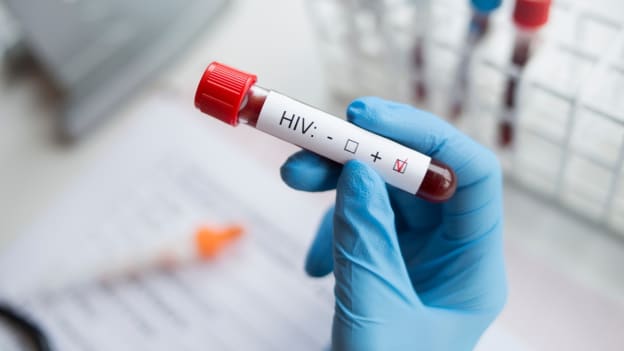High Court warns employers: You cannot fire a worker for being HIV positive

MANILA – The Philippine Supreme Court (SC) issued a stern warning to employers about firing workers because they tested positive for the human immunodeficiency virus (HIV).
The SC ruled in favour of an overseas Filipino worker (OFW) who was allegedly dismissed by their employer because the worker was HIV positive.
The High Court said the plaintiff, identified in the proceedings as AAA, should be given their salaries “for the unexpired portion of his employment contract and moral and exemplary damages.”
In its ruling, the SC cited section 49(a) of Republic Act No. 11166 (Philippine HIV and AIDS Policy Act), which prevents employers from dismissing workers because of their HIV status. This meant the plaintiff’s boss had no lawful reason to fire them.
During the hearing, it was revealed that AAA had been employed as an OFW in Saudi Arabia, where state law prohibits anyone diagnosed with HIV from working.
However, the High Court reiterated that the Philippine HIV and AIDS Policy Act superseded this prohibition. In cases where the foreign law, stated in a worker’s employment contract, “contradicts Philippine law, morals, good customs, public order, or public policy,” the Philippine law would be followed, the High Court ruled.
Unlawful dismissal
AAA had applied for a job as a cleaning worker with the recruitment agency Bison Management Corporation.
After securing a two-year contract via the agency, the plaintiff flew to Saudi Arabia to begin their work. However, in January 2019, AAA tested positive for HIV after undergoing a medical check-up. When news about the HIV diagnosis reached the overseas employer, AAA was immediately dismissed following the country’s law.
Left without work, the plaintiff was forced to return to the Philippines. AAA initially tried to file a complaint against their employer for illegal dismissal. However, the case was dismissed by the labour arbiter.
Submitting the complaint to the National Labor Relations Commission (NLRC), the office reversed the ruling by the labour arbiter. It held all those responsible for the illegal dismissal liable, including the plaintiff’s recruiter, Bison, the company’s president, and its partner recruitment agency, Saraja Al Jazirah Contracting Est.
The NLRC’s ruling was later affirmed by the Philippine Court of Appeals. This led Bison to elevate the case to the Supreme Court.
Discrimination against HIV-positive workers
AAA’s case is not the only instance where a worker was discriminated against because of their HIV status. In the Philippines, people diagnosed with the virus have been subjected to various forms of workplace bigotry, including refusal to hire, unlawful firing, and forced resignation, according to Human Rights Watch (HRW).
Some employers may even actively allow workplace harassment of HIV-positive workers. In most cases, victims of such workplace abuse do not file any formal complaints against their harassers.
The HRW said this is because many are afraid that doing so would further expose them as being HIV-positive. They believe this would only prevent them from finding work in the future.
Carlos Conde, a senior researcher for HRW in the Philippines, pointed to the constant struggle of Filipino workers because of their HIV status. “The Philippines faces a double whammy of increasing HIV infection and fears by workers with HIV that they can’t seek justice if they are discriminated against on the job,” Conde said.
“The government needs to ensure that people living with HIV get better protection in their jobs and that the public gets more and better information on HIV.”
















